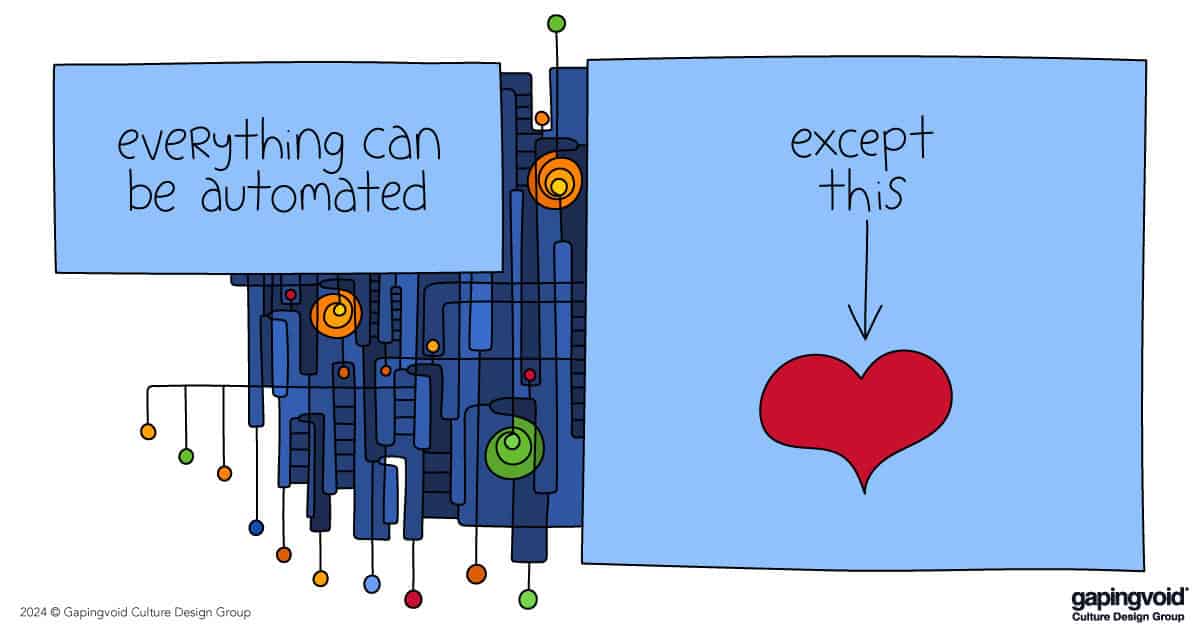Hyperreal is the New Real
Length: • 2 mins
Annotated by 🕋 John Philpin

There’s a French postmodern philosopher, Jean Baudrillard, who made a big splash in the late 20th Century with his two big ideas about how information affects our perception: the “Simulation” and the “Hyperreal.”
“Hyperreal” meaning the moment when fake becomes more real than real. I.e. when we feel closer emotional connection to an AI chatbot girlfriend than we do to any real human, or parasocial bonds with celebrities who don’t even know we exist.
A “Simulation” is similar, when something fake becomes real to us, say, when we start believing the world the Influencer portrays on Instagram is actually based on reality.
“When the real no longer is what it used to be, nostalgia assumes its full meaning. There is a proliferation of myths of origin and signs of reality: of secondhand truth, objectivity, and authenticity. There is an escalation of the true, of lived experience, a resurrection of the figurative where the object and substance have disappeared.” (pg 256)
Baudrillardism took another step forward in 2024 as major brands have started using AI to mass-produce commercials. Toys R Us tried it. So did Coca Cola.
It went over splendidly.
As we might expect, people found them ghastly. Not only in appearance but in the feeling left behind from the lack of care and effort. Turns out millions of years of evolution taught us to spot the difference between alive and not.
And yet it’s easy to see the attraction from brands: “Why make one good commercial when we could make hundreds of mediocre ones?”
It’s the same thinking that leads executives to believe they can automate their way to a better team culture. Just plug in a template, run some surveys, tick some boxes and voila! Culture transformation achieved. Except it just doesn’t happen that way.
Real culture change is messy. Tortured sometimes. It’s slow. It’s human. It’s the culmination of thousands of tiny, messy, uncertain, deliberate interactions that no algorithm can replicate.
Human beings don’t scale. The best things in life resist automation. Like trust. Like love. Like culture.
The things that matter are worth doing the slow, hard way. The irony is the more we try to scale meaning by automating it, the less meaningful it becomes.